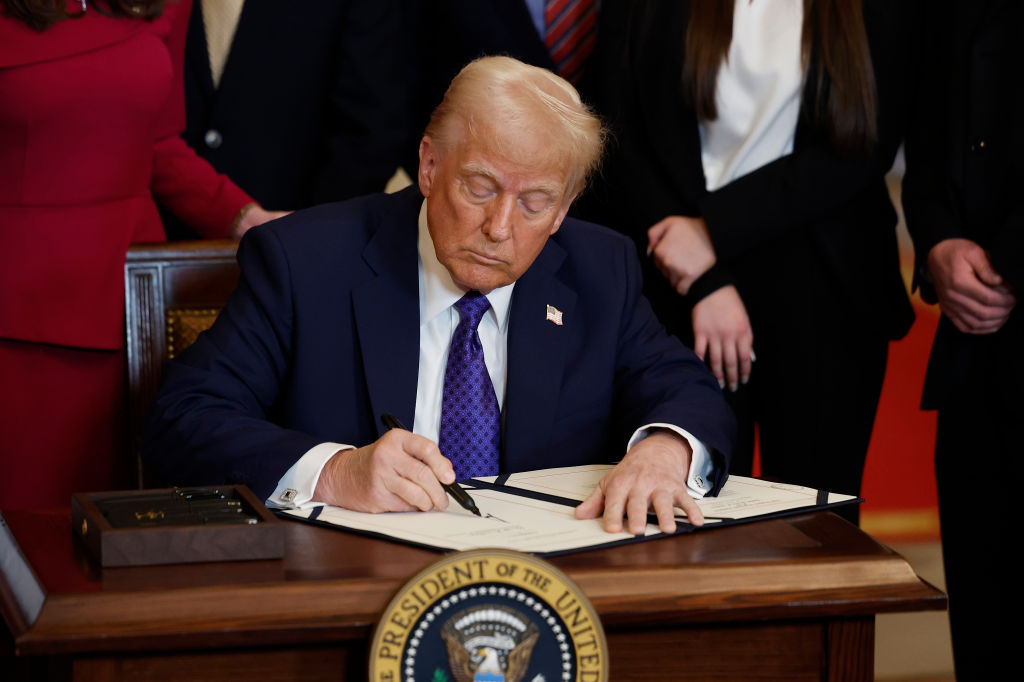Massive protests in Israel as Netanyahu tries to take over the Supreme Court
A general strike against an ongoing judicial overhaul pushed by the government of Benjamin Netanyahu has thrown Israel into chaos.
Thousands of Israelis took to the streets after Netanyahu fired Defense Minister Yoav Gallant (pictured) for opposing the changes the Prime Minister has been pushing on the judiciary, AP News explains.
Gallant, AP writes, was the first senior member of Likud, Netanyahu’s political party, to speak against the new measures.
The former Defense Minister argued that Netanyahu’s proposal was causing deep divisions within the Israeli military.
However, discontent from the military, the labor unions, and the universities had been brewing for weeks.
Image: Taylor Brandon / Unsplash
On the Monday after Gallant’s resignation, Israel stood at a standstill. Universities across the country suspended classes.
At the same time, workers at the Haifa Port, the country’s largest port, joined the strike in a decision that CNN has qualified as “historical”.
Meanwhile, the country’s main airport in Tel Aviv halted take-offs for a few hours.
McDonald’s even closed all its restaurants in Israel for the day.
Thousands of protestors gathered in front of the Knesset, the country’s unicameral parliament.
Among those gathering outside the legislature was Opposition Leader Yair Lapid who spoke to the crowd.
According to Israeli news outlet Haaretz, Lapid accused the government of having been taken over by “a messianic, nationalist and anti-democratic group” and called to continue the protest.
However, why was Netanyahu’s judicial reform so controversial?
Reuters explains that the coalition government led by Netanyahu was critical of the country’s Supreme Court, considering it was too left-leaning and interventionist of other government branches
Netanyahu’s plans involved changing how justices are selected for the country’s Supreme Court, virtually putting all the power into the executive branch. That is himself at the moment.
Not only that but Israel’s coalition government wanted to limit the power of the Supreme Court to strike down laws that it ruled out as unconstitutional.
New York Times highlights that critics of Netanyahu believe that this would override necessary checks and balances in Israel’s government.
Not only that, but it could benefit Netanyahu on a more personal level: The Prime Minister is currently facing corruption charges.
Israeli Justice Minister Yariv Levin, one of the biggest advocates of the judicial overhaul, hinted that the reforms could be delayed in the face of the protests.
Levin argued that if the protests continued, it could lead to the fall of the coalition government and the collapse of Netanyahu’s political party.
Netanyahu might postpone the judicial reforms but, with more cabinet members threatening to resign, putting a halt to the wheels that he has set in motion will prove to be difficult.
More for you
Top Stories


































